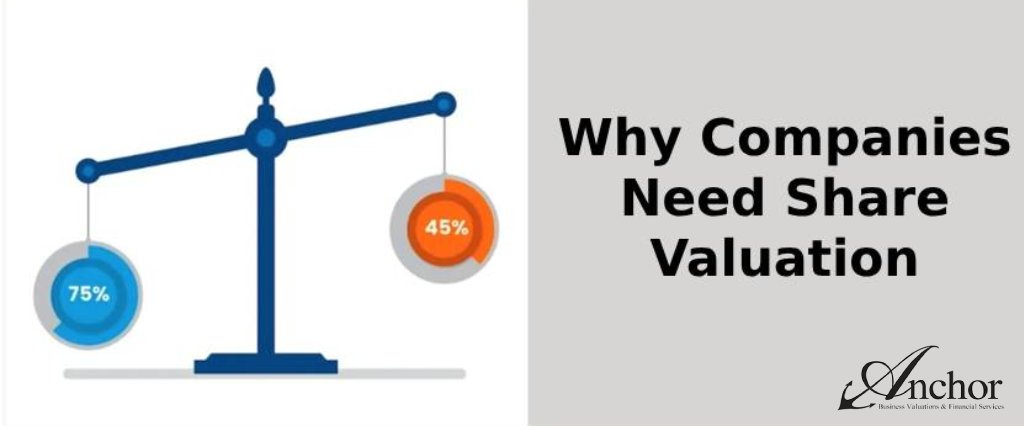Valuing shares is the process of determining the worth of a company’s shares. Valuation of Private Company Share is usually done using quantitative techniques, and the value of shares can fluctuate depending on market demand and supply. The share prices of publicly traded companies can be easily determined. But for privately held companies whose shares are not publicly traded, valuing shares can be really important and challenging…
The fair value of shares is the value attributed to a certain stock by a willing buyer and seller. Unlike market value, fair value does not have a clear basis; instead, it is determined by the particular circumstances surrounding the sale and the businesses involved. The first step in determining the fair value of shares is to consult with a company’s articles of association. However, it is important to note that such articles don’t always clearly set out what ‘fair value’ is in a given scenario. As such, assumptions should not be made.
Different methods for valuation of Private Company Shares exist and which one to use usually depends on the purpose of the valuation. It’s often more reliable to use a combination of methods when conducting a valuation. These include:
- Assets approach: The asset-based approach can be used for valuing shares during amalgamation, absorption or liquidation of companies if the company is capital-intensive and has invested a large amount in capital assets or has a large volume of capital work in progress.
- Income approach: There are two different methods that can be used to approach this situation: the Discounted Cash Flow (DCF) method or the Price Earning Capacity (PEC) method. The DCF method projects future cash flows in order to determine the fair value, and if the data needed for this projection is reasonably available, then the DCF method can be used. The PEC method uses historical earnings instead, but if an entity hasn’t been in business for very long and has only just started its operations, then this method cannot be applied.
- Market approach: The market value of the shares is considered for valuation under this approach. However, this approach is only feasible for listed companies whose share prices can be obtained in the open market. If there is a set of peer companies that are listed and engaged in a similar business, then such companies’ share public prices can also be used.
Understanding how to do the Valuation of Private Company Shares can be difficult because there is no public market to compare it to. Public companies have their share price readily available, but for private companies, comparative company analysis and discounted cash flow are the best ways to understand what the share value should be.
- What is the right time to get a 409A Valuation
- Importance of 409A Valuation for Start-up
- Everything you need to know about 409A Valuation
- The Knows and Hows of a 409A Valuation Calculator
- Why does a Private Company need Share Valuation
- Ways to Value Shares of Private Company
- How Much Does a 409A Valuation Cost?
- Categories for Family Estate Tax Planning
- What is the purpose of stock valuation
- Improved IRS Guidelines to Avoid Federal Estate Taxes
- Inflation Reduction Act Scoop
- Stark Law in Consideration of Healthcare Fair Market Val

